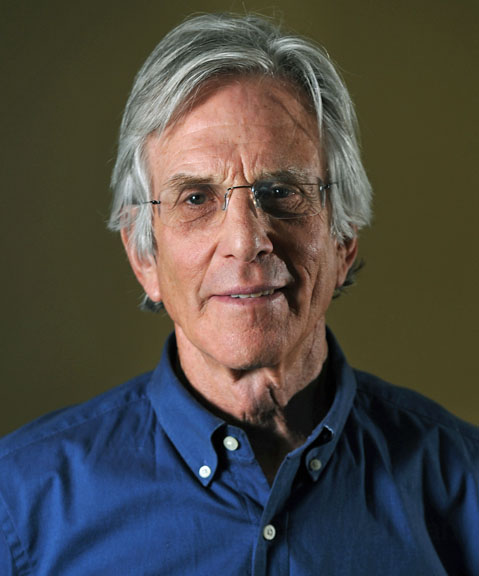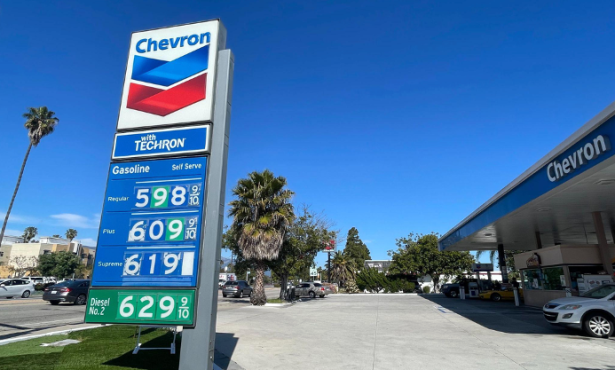‘The World’s Best Hamburger’
How many times have you seen a sign like that on the roadside? You stopped for the “best” and found it to be, well, less than?
Are the owners of such restaurants merely advertising? Or, if they know the difference between best and less, are they actually lying?
This case is a relatively simple one: It’s not a lie because no reasonable person would take it seriously. Or at least, it would be naïve to do so. The owners are less deceitful than hyperbolic.

Nevertheless, if lying is broadly defined as offering an untrue statement, then almost every academic study of lying has concluded that we all do it. We do not always tell the truth, nor does your mother, father, priest, rabbi, professor, guru, therapist, and everyone else.
So, in practice, lying may be something more than uttering an untrue statement. Kant probably would have disagreed; to the great philosopher, every lie is an attack on society.
My own position is less absolute, lies are statements specifically intended to deceive or mislead for a personal gain that cannot be obtained without making false statements. The gain may be tangible, such as for money, business advantage, or position. It can also be for personal benefit, as in distorting one’s history for appreciation or admiration.
Again, one of the key elements is what would a reasonable person believe. Moreover, would the lie motivate the hearer to take an action that he otherwise would not have?
But we are still left with important distinctions between a lie and exaggeration. What makes the difference depends on many things, including the purpose of the statement, the audience for whom it is intended, the benefit to the speaker, and the potential loss to another.
The last feature is critical: The most important distinction between a lie and an exaggeration is the so-called “evil intent” of the speaker or writer. As one professor put it, “Puffery seems to solicit more tolerance, perhaps because it doesn’t do much harm besides compromise the puffer.”
So, by my standards, “puffing” falls short of lying. Author Sissela Bok, in her book Lying: Moral Choice in Public and Private Life puts it this way:
“White lies … are the most common and the most trivial forms that duplicity can take. And their very triviality, when compared to more threatening lies, makes it seem unnecessary or even absurd to condemn them.”
Of course, the practice of exaggeration is a slippery slope; it is easy enough to descend from a late night bar conversation about your distinguished career in the military to filling out an application form listing the medals you didn’t win.
Let’s try out some test cases.
• You’re in a bar discussing basketball (what’d you expect, physics?). Someone says he played college basketball. He has good stories about playing against some greats. You look up his record on the Internet. He was on the college team but hardly ever played. Liar or Puffer? Why?
• You’re on a dating service — Single.com. You ask the person whom you are emailing if she regularly drinks alcohol? “Not much at all,” she answers. You pay $33 and check out her criminal record. She has a DUI? Liar or not?
• You’re a computer consultant. At a consultants seminar, when asked ”How’s business?” you tell everyone your business is booming. In reality, you’re almost on the verge of bankruptcy. Liar or Puffer? Why?
• You want your children to attend what you consider a better school than the one in the district where you live. So you give a false address to the school you want them to attend. Liar or Puffer? Why?
Because, as I said we all “puff” a bit so it makes us all experts in such matters, I look forward to your expert opinion on this uncertain terrain.
By the way, I am the third best puffer in Santa Barbara County. If, you believe that, I’ve got a great hamburger for you.
Please submit quandaries for this column to streetethics@independent.com.



